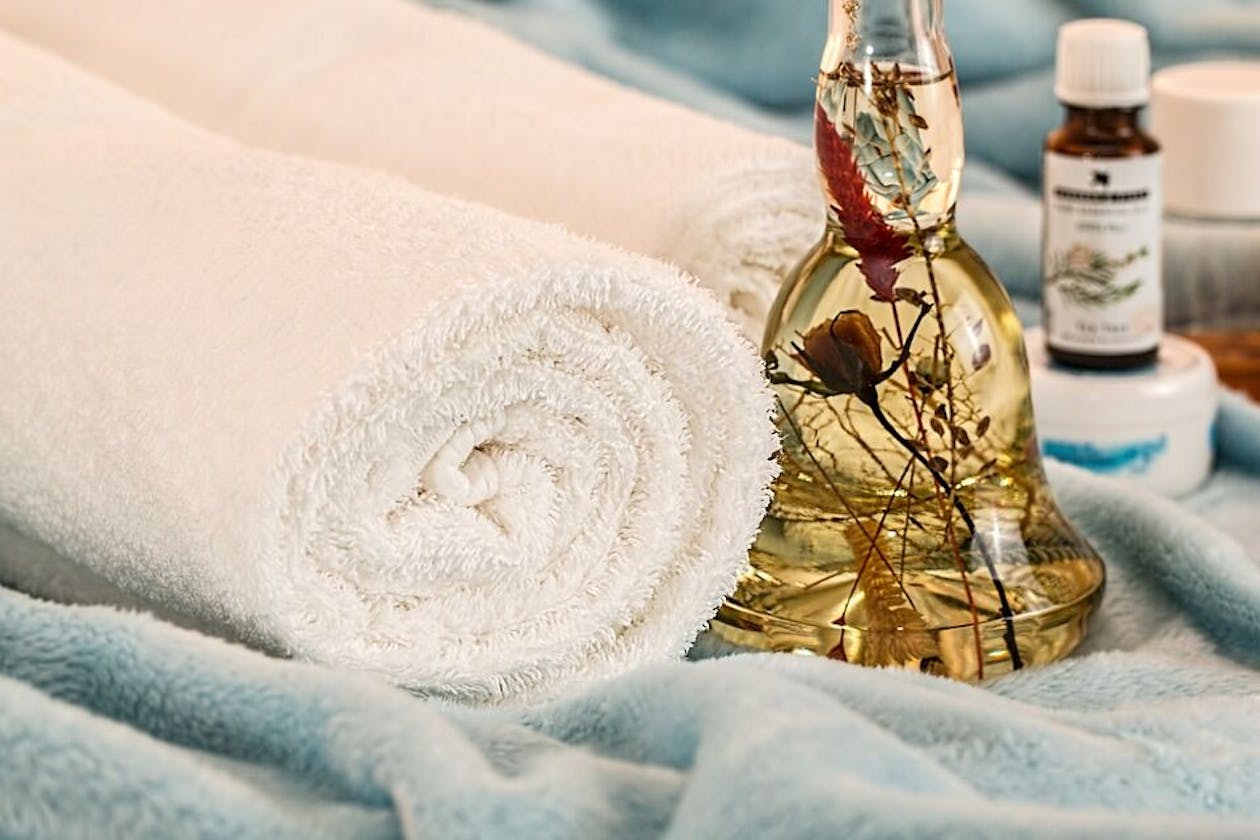
Dry Needling Regional VIC Book your dry needling appointment online and save
Top Dry Needling Therapists in Regional VIC, VICFor more salons, check out Fresha’s list of Therapy Centres.
Book your next dry needling appointment in Regional VIC with Bookwell.
You've come to the right place if you're looking for a curated selection of the best health, beauty and wellness hotspots in Regional VIC. Thanks to Bookwell it's never been faster or easier to find the service you're looking for and lock in your booking. With our excellent edit from Sale to Hamilton, you can be confident you're always in great hands. Get that self-care appointment in the diary and improve your wellbeing asap.
We don't know about you, but sometimes the knots in our back feel like they're taking over. If you're also feeling like you're suffering from a slight invasion, dry needling could be just what you need in your future. A close relative to acupuncture, the objective of dry needling is to release tension and knots located in muscle tissue. See you there? Check out all the hot spots in Regional VIC that can get you feeling knot-free.
All in all, we make health and wellness easy. Why not let us help you out? Never forget your appointment time again. Book all your Alternative Therapy services in Regional VIC on Bookwell, and let us take care of the rest. Just browse treatments on offer and book instantly online. Can't find a great venue? Call us on 1300-856-405 or email us at hello@bookwell.com.au.
Questions & Answers
What is dry needling?
It's right there in the name: in dry needling, needles are inserted into muscle knots, ligaments and tendons - think any points of tension. The goal is releasing stiffness.
When should I get dry needling?
If you've got a stubborn sports injury, or some muscle stiffness that just will not leave you alone, dry needling could be what you need.
What is the difference between acupuncture and dry needling?
Acupuncture intends to treat the chi or qi energy for a patient, and needles are placed along energy meridians according to Chinese medicine practices. Dry needling practitioners place needles around areas of tension to treat physical areas of pain or discomfort for a patient.
How often should I get dry needling?
This varies, but you can expect to go once or twice a week initially, and then to drop down to once a month.
What should I do after dry needling?
You might be a little sore in the treatment area, and some people do experience bruising. Make sure to drink plenty of water, and rest if you feel you need it. Stretching can also be great, but of course, stop if you feel any pain.